Looking back on an inspiring EuHEA2018
It has been our great honor and privilege to welcome you to the European Health Economics Association 2018 conference, organized by Maastricht University and Maastricht University Medical Center in Maastricht. This year’s theme has been “Shaping the Future: the Role of Health Economics”.
From 11 until 14 July 2018, we welcomed almost 800 delegates from more than 50 countries. The scientific committee received a record number of 698 abstracts for the conference. In total, 7 instructive pre-conference workshops, 543 oral presentations - of which 27 in organized sessions - were delivered in 145 parallel sessions, and 155 posters were presented.
Professor Andrew Jones (president EuHEA) and Professor Silvia Evers (co-chair of the organizing committee) kicked-off EuHEA2018 during the welcome reception at the Bonnefantenmuseum in Maastricht on Wednesday evening. The Bonnefantenmuseum offered the perfect surroundings for catching up with colleagues while enjoying a ‘bitterbal’ (a Dutch delicacy) and the modern art exhibitions of the museum. Earlier that day, almost 150 delegates attended the pre-conference workshops. EuHEA2018 offered a varied program of workshops in established and new methods for health economy research, such as discrete choice experiments and social network analysis.
On Thursday, Professor Carmen Dirksen (co-chair of the organizing committee) welcomed all delegates to Maastricht by introducing all the charming activities and beautiful sites Maastricht has to offer after or in-between the conference sessions. Next, two keynote speakers gave inspiring presentations. Professor Wim Groot (Maastricht University) talked about the influence of health economists on policy. He emphasized the importance of health economists stepping out of their ivory tower and getting involved in policy and public debate, and the challenges involved with it. Professor Richard Smith (London School of Hygiene & Tropical Medicine) discussed the influence trade has on health and looked at how healthcare across the border could improve domestic trade. The plenary session closed with an interactive debate in which the audience had the opportunity to vote (red or green) about provoking statements created by the keynote speakers. Thereafter, four parallel sessions took place. With the extraordinary warm weather for Dutch standards outside, in between sessions, there was time for an ice-cold refreshment.
On Friday, another four parallel sessions took place, in which researchers presented their latest work in one of the many areas of health economy. During the second plenary, three keynote speakers took the stage, introduced by Professor Manuela Joore (co-chair of the organizing committee). In a packed auditorium, Professor Erik Schokkaert (KU Leuven) shared his intriguing ideas about how to measure inequality and preferentialism in health economy. Professor Joanna Coast (University of Bristol) argued for applying rigorous qualitative methods in health economics. During the discussion, it appeared she convinced the audience, as the vast majority voted green and acknowledged the potential benefits of qualitative methods. Professor Werner Brouwer (Erasmus University Rotterdam) pleaded to make economic evaluations broad again: taking a societal perspective by focusing on welfare and going beyond healthcare costs and productivity costs by including future and intersectoral costs.
In the evening, La Bonbonnière, the former city hall in the inner city of Maastricht, was the perfect venue to network, eat and dance. Band Dubbel-Fout played all the classic guilty pleasures, also getting EuHEA president Andrew Jones and the chairs of the organizing committee to move their feet during an ABBA-medley. Health economists showed they know how to party and dance a ‘polonaise’ as any other Dutchman.
On Saturday, two more parallel sessions took place. The conference was closed by dr. Mickaël Hiligsmann (co-chair of the organizing committee), Professor Andrew Jones and Professor Lise Rochaix (Paris School of Economics). Professor Andrew Jones reviewed the last 50 years of health economic research with us according to key papers published over the years. Afterwards, it was time for him to step down as EuHEA president and pass the presidency on to Professor Lise Rochaix. She shared her ideas with us about the future directions for EuHEA and invited everyone to attend EuHEA2020 in Oslo, Norway.
We look back on a very successful and inspiring EuHEA2018 conference. We were pleased to welcome so many delegates from all over the world with an interest in health economy. Thank you to all keynote speakers, presenters and other attendees for your contributions to the conference in Maastricht. We are looking forward to seeing you again in Maastricht or at EuHEA2020 in Oslo (7-10 July 2020), Norway!
The Conference Host Organizing Committee Maastricht.
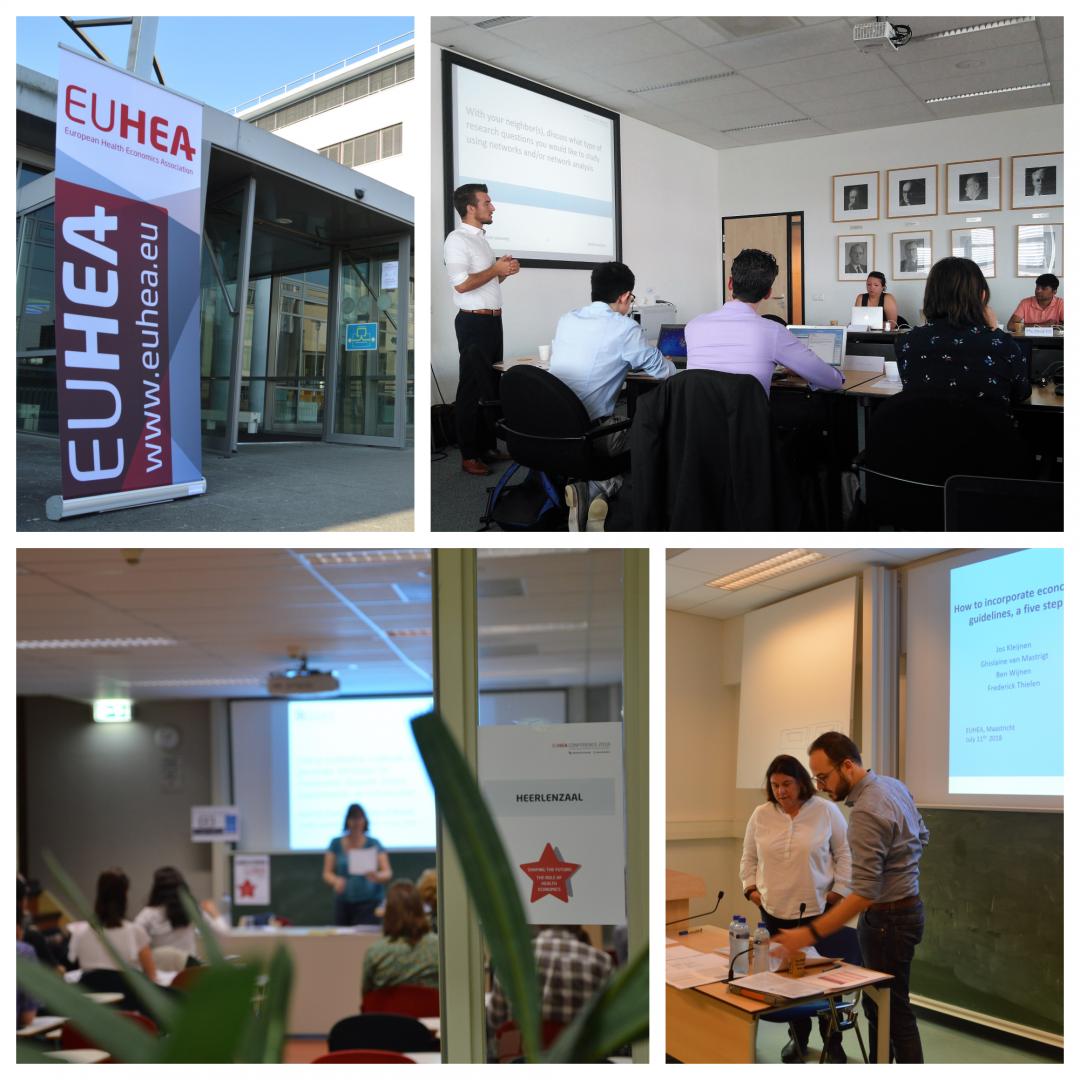
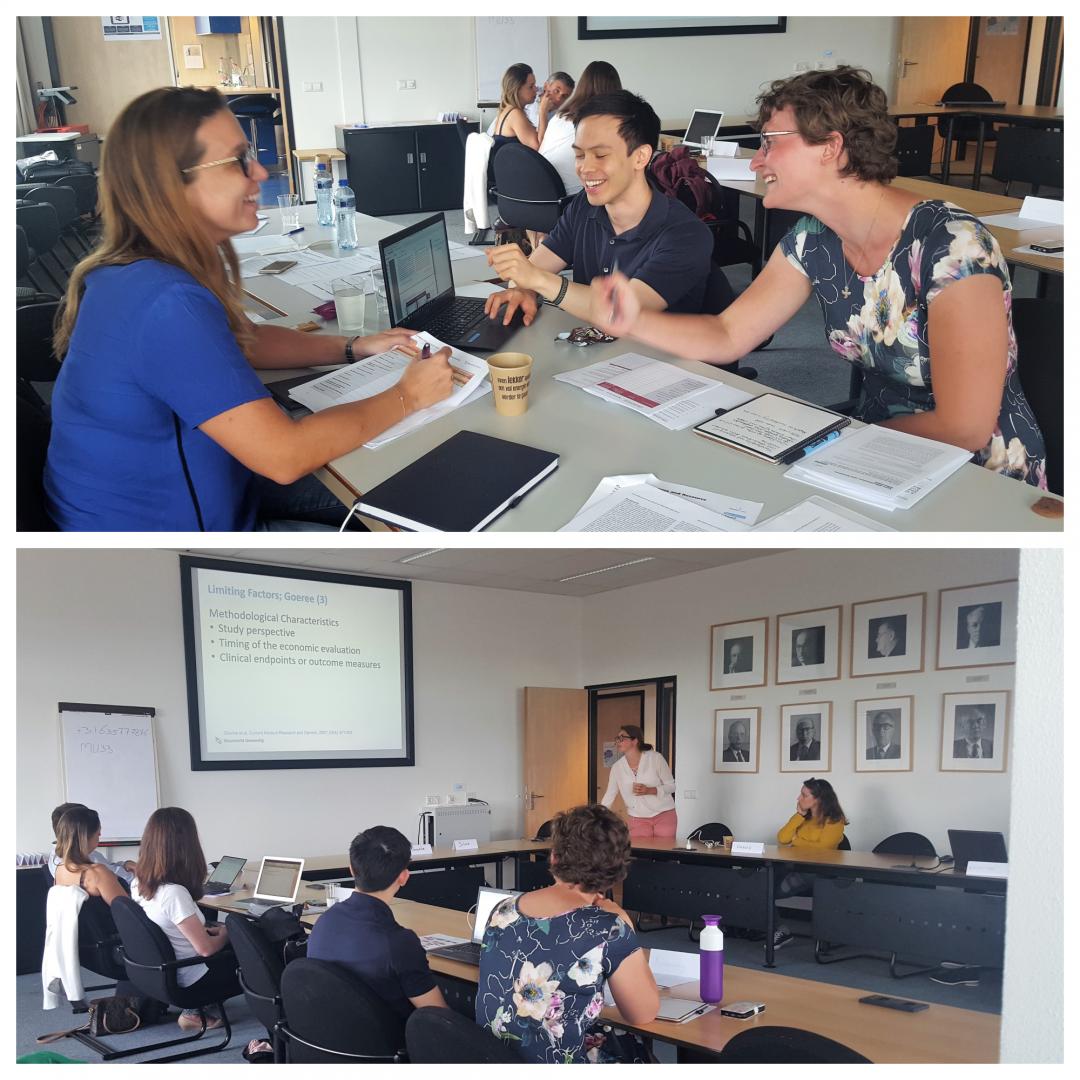
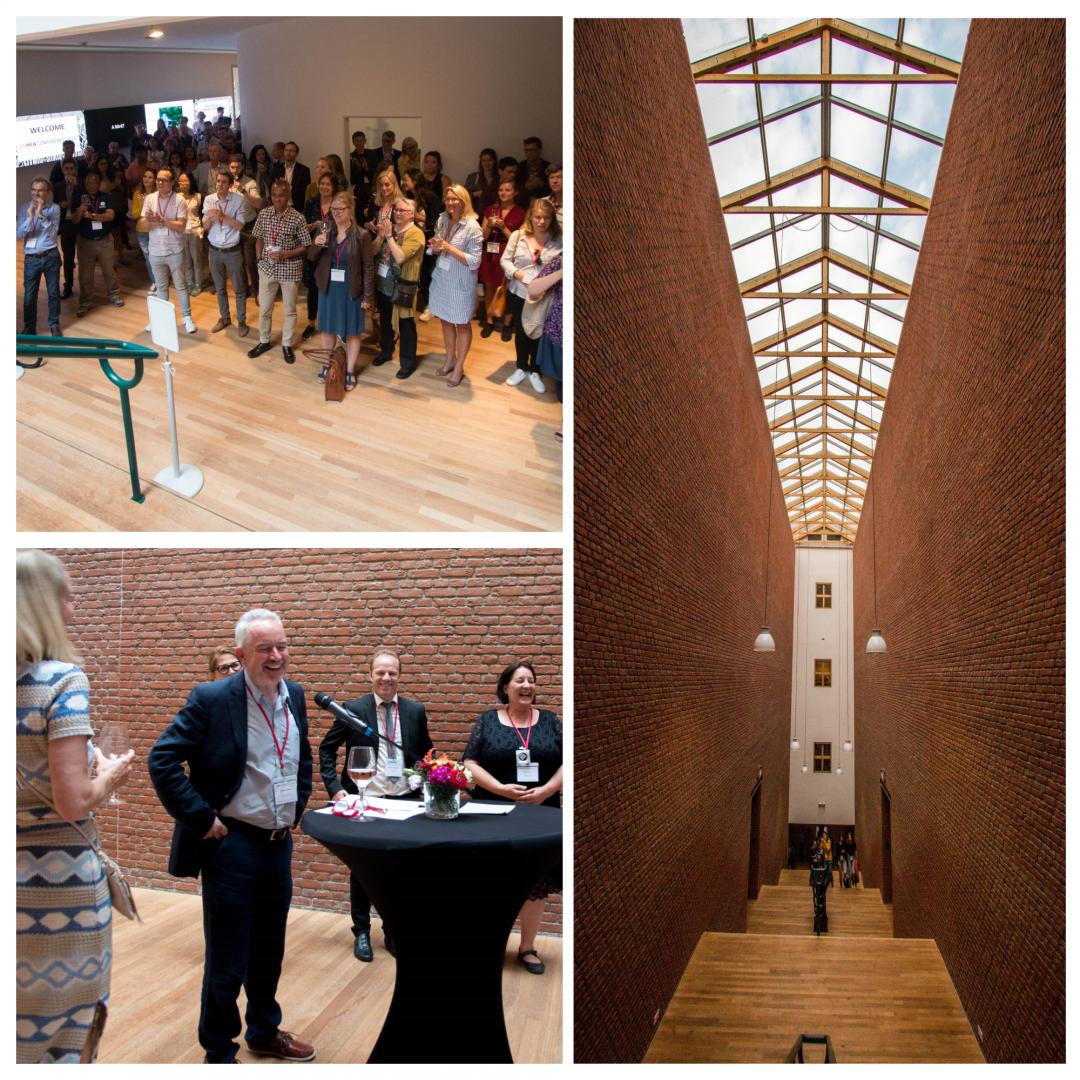
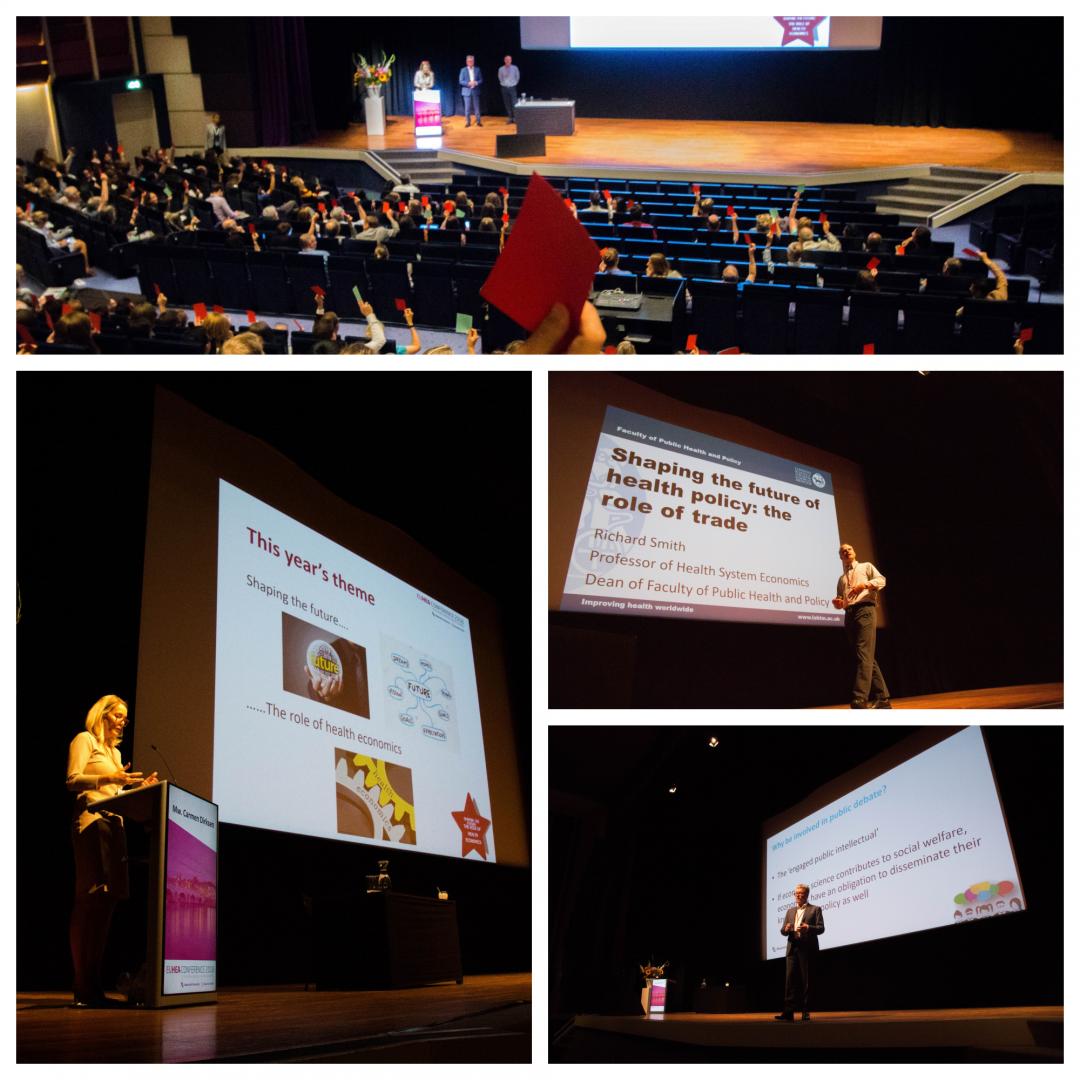
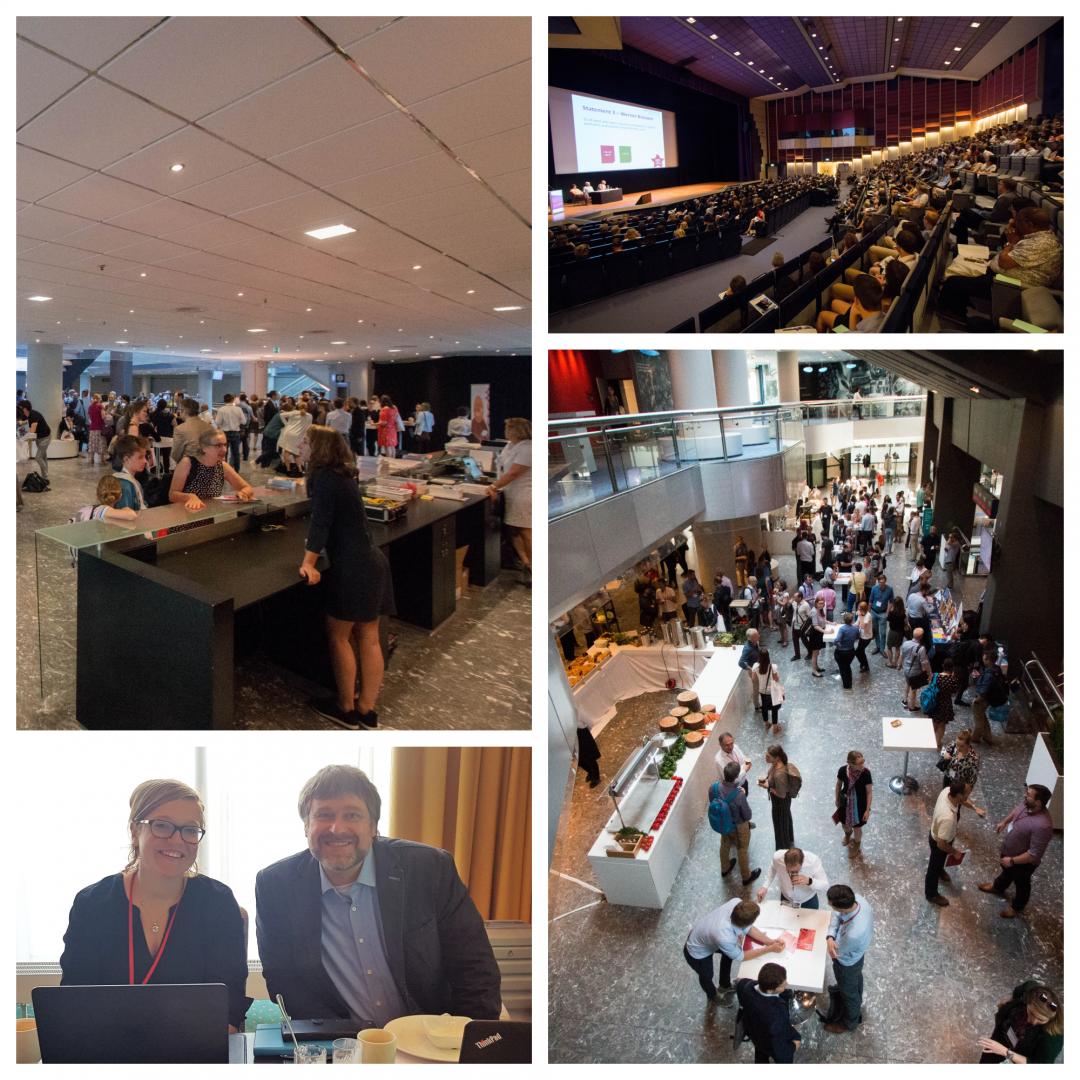
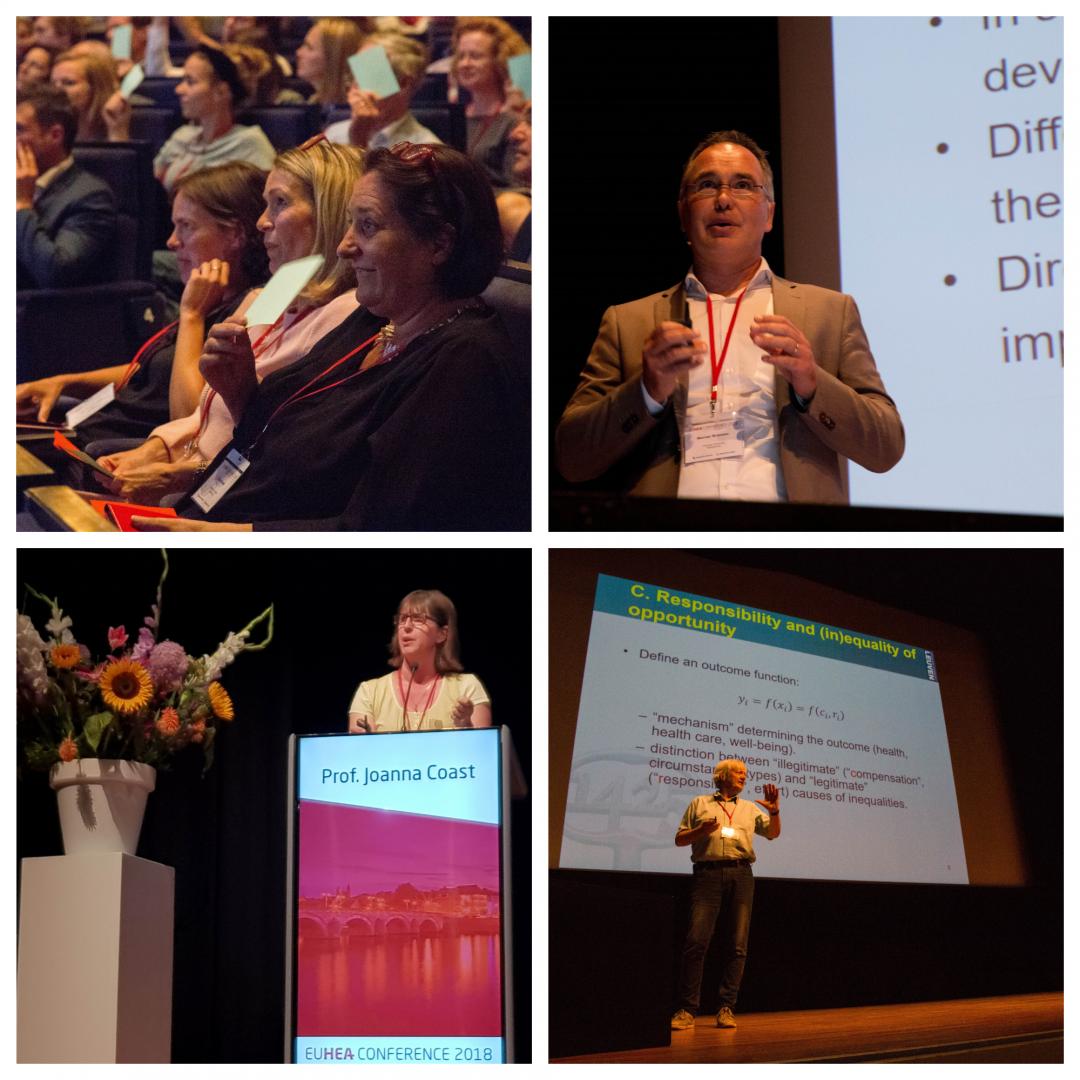
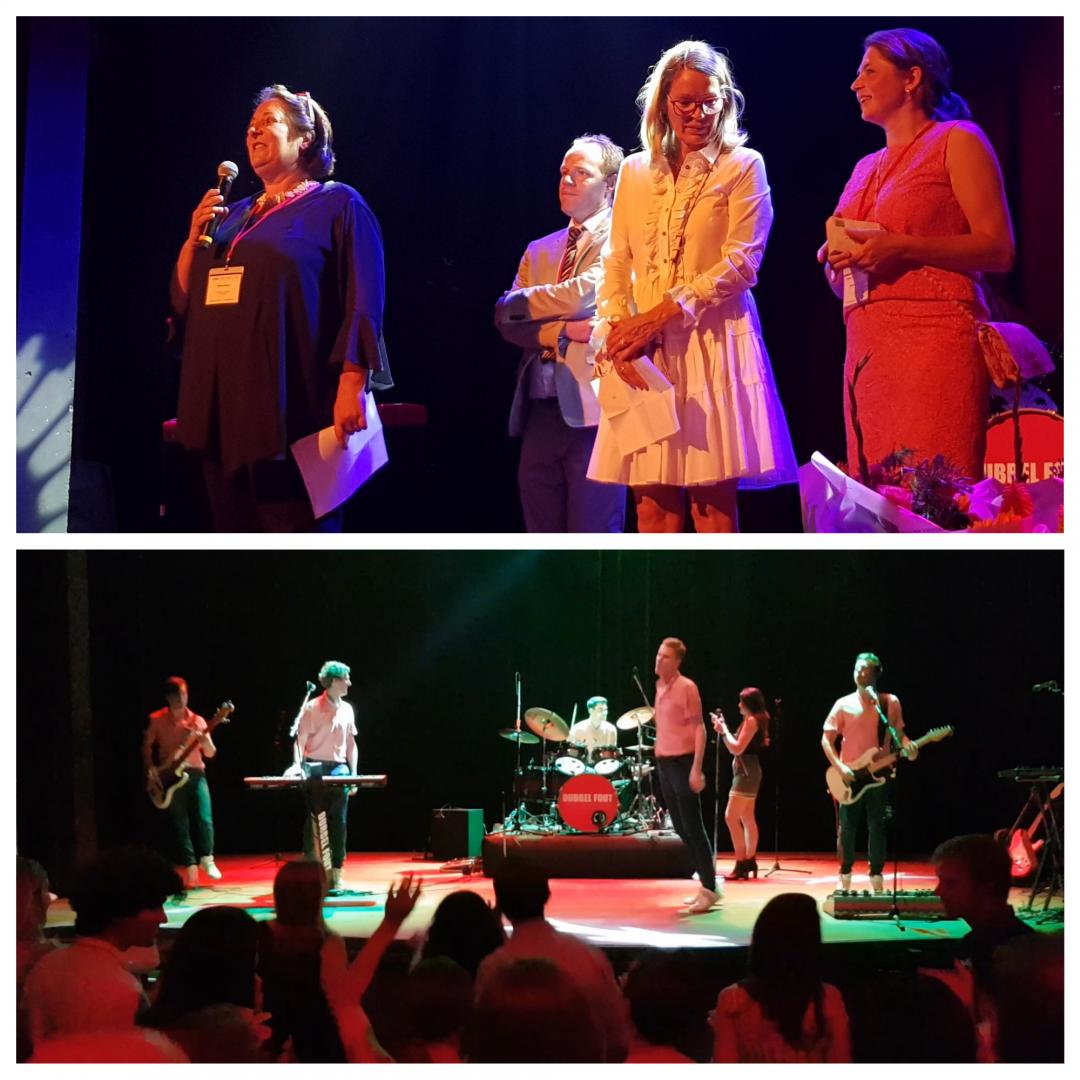

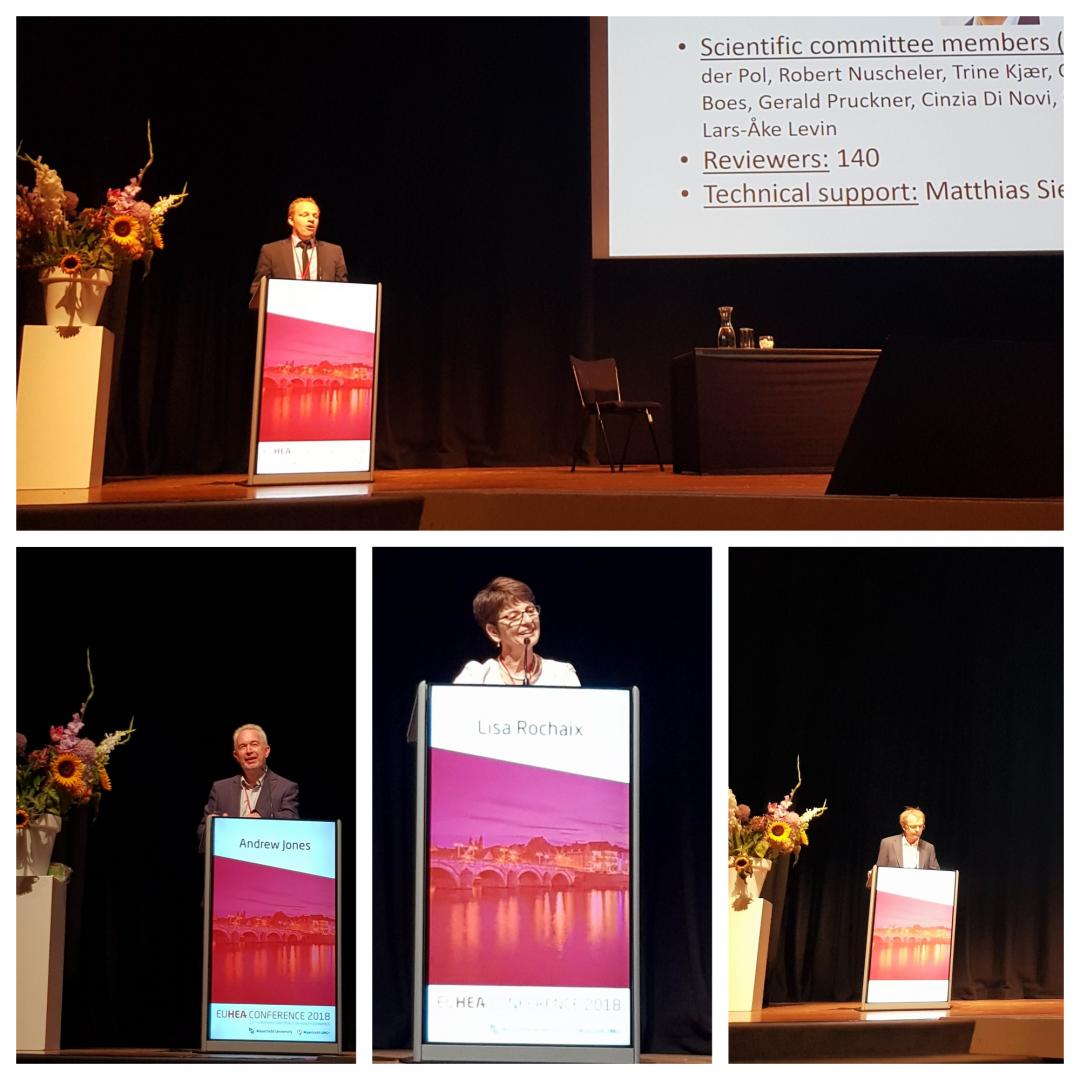
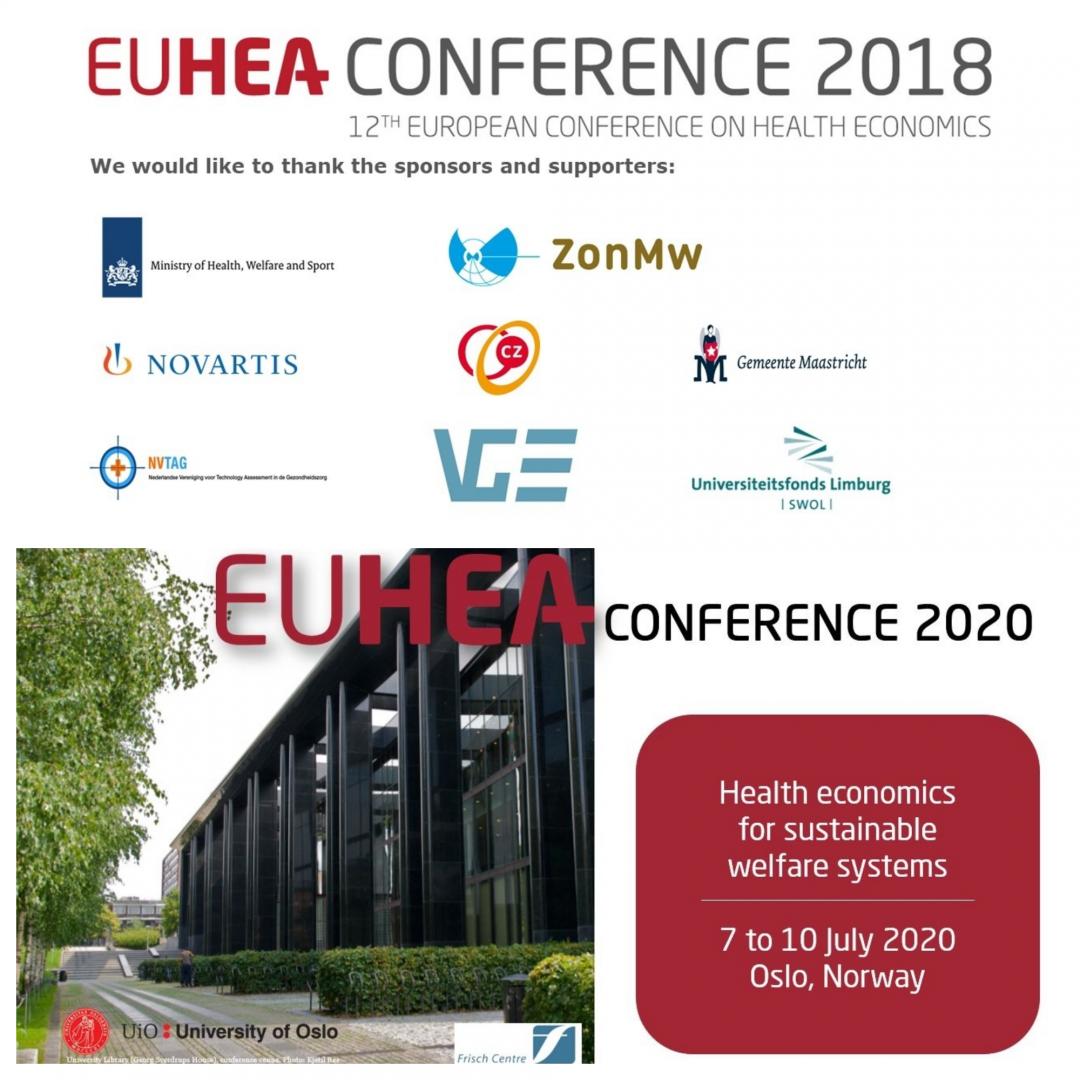
Also read
-
Randwyck Library and the river of knowledge
Monique Notermans and Meike Kerkhofs-Welkenhuizen witnessed the vision behind a modern library come to life.
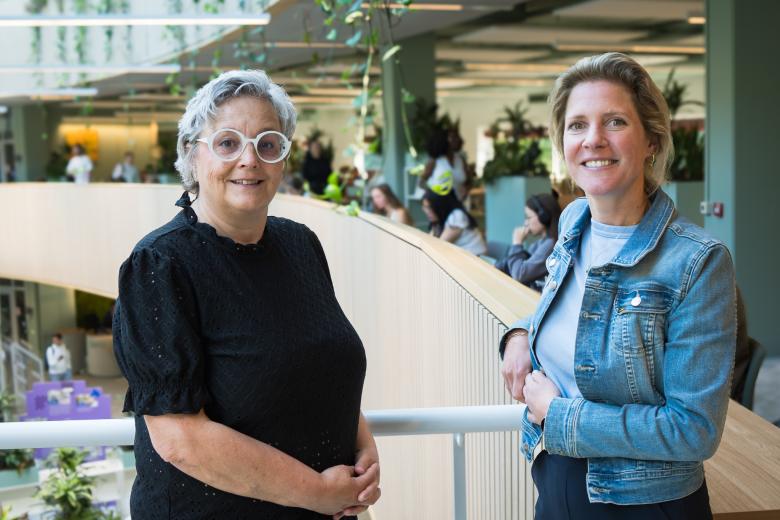
-
Is the risk of cancer the same for everyone?
Valery Lemmens (GROW) conducts research on cancer, prevention, and how society is designed for making unhealthy choices.
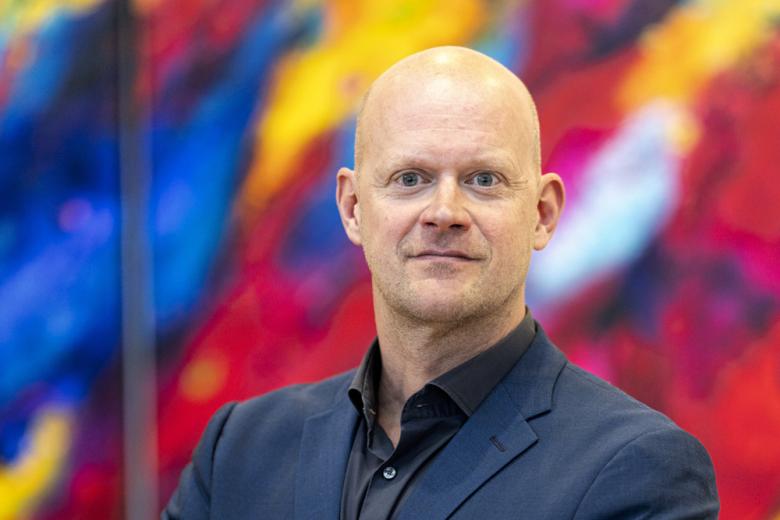
-
Most prestigious European grant to two UM scientists
Two Maastricht University professors are to receive the most prestigious European research grant for individual researchers: an ERC Advanced Grant, worth over €2.5 million. They are Lorenzo Moroni (MERLN) and Alexander Sack (FPN).
